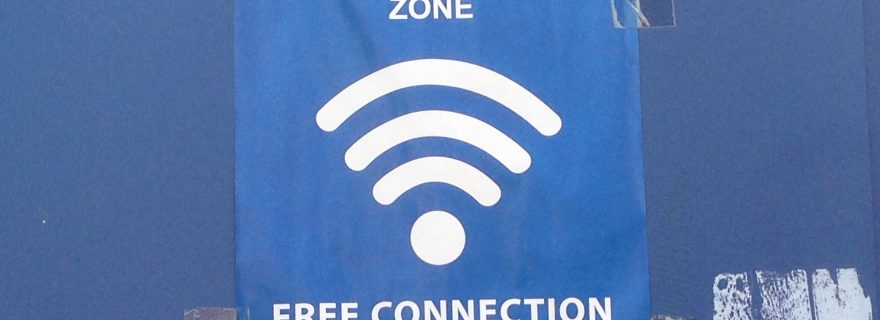Responsible Use of Big Data in the Migration Crisis
Migrants might be both the most vulnerable and digitally traceable population on earth. If that is true, then what are the opportunities and costs associated with that combined vulnerability and traceability?
Communication technology has greatly facilitated migration flows from the Middle East and North Africa to Europe. A smartphone and internet access are among the primary subsistence needs of individual migrants that enables them to find their way to Europe, navigate through asylum procedures, secure essential resources and localize each other. Some refugee families spend up to 25% of their monthly budget on smartphone use. However, mobile phones are not only an essential individual communication device, it is also a carrier of data with huge potential for intelligence gathering by private companies, humanitarian aid organizations, government authorities, criminal organizations and researchers. Through migrants’ frequent interaction with the digital infrastructure they pass along their journey, they might be both the most vulnerable and digitally traceable population on earth. If that is true, then what are the opportunities and costs associated with that combined vulnerability and traceability? What does this imply for responsible use of big data by governments, companies, and NGOs?
On March 2nd, 2017, Professor Mark Latonero from the Data & Society Research Institute and New York University and an incoming research fellow at Leiden University’s Institute of Security and Global Affairs in the Hague raised these hypotheses and addressed these concerns in an intriguing lecture on his cutting edge research. Among these issues are:
- If humanitarian aid organizations use biometric and electronic data for service delivery such as food distribution (see for instance the cooperation between the World Food Program and Mastercard), what does that imply for the responsibilities that assume in terms of data storage and use? The potential use of this data is much bigger than what it is currently collected and used for, but what is the balance between using this data to improve relief aid and responsible handling people’s privacy?
- Small pockets of high tech experts offer their digital solutions to refugees emerging needs (see for instance the work of techfugees), but who guarantees the data security of these innovative applications that are used by a most vulnerable minority on the move? Many applications are open sourced apps, with some giving more access than other to essential data sources. The creators may not always think through the implications of making information publically available. The ‘appification’ generates data that is not only useful for refugees and relief organizations, but could also be exploited by the dictatorial regimes they flee and potential human smugglers.
- Directed, intentional involvement by multinationals such as IBM and Facebook for instance enable internet access in refugees camps also raises the bar for data responsibility and ethics.
- More research is necessary on the awareness and priorities of refugees themselves regarding their information and privacy needs. Latonero recently led (as Principal Investigator) a survey-project supported by the International Responsible Data Group, Leiden University’s Centre for Innovation, and the Municipality of The Hague. The researchers spent two weeks at a Greek refugee camp north of Athens, which revealed that most individuals pass at least four or five identification and registration points before settling temporary in a camp. Yet their privacy awareness and varying degrees of distrust of tools like whatsapp and facebook contrasts to the trust of the UN and registration officials, both in terms of the sort of data they find sensitive and their willingness to provide personal data.
These and other findings are part of professor Latonero’s groundbreaking research on this most topical theme where migration flows meet big data. Research on the ethical implications for public authorities could become all the more relevant for Dutch government when large groups of migrants find their way to the Netherlands' Caribbean backyard. As Sheila Sitalsing pointed out in De Volkskrant, boat refugees can no longer be considered a Mediterranean issue (see also the New York Times of November 25, 2016 and De Volkskrant of February 16, 2016). Soon the Institute of Security and Global Affairs might be doing case studies on migration crises and responsible use of data in a Dutch context. The Institute of Security and Global Affairs is happy to bring Dr. Latonero on board.


